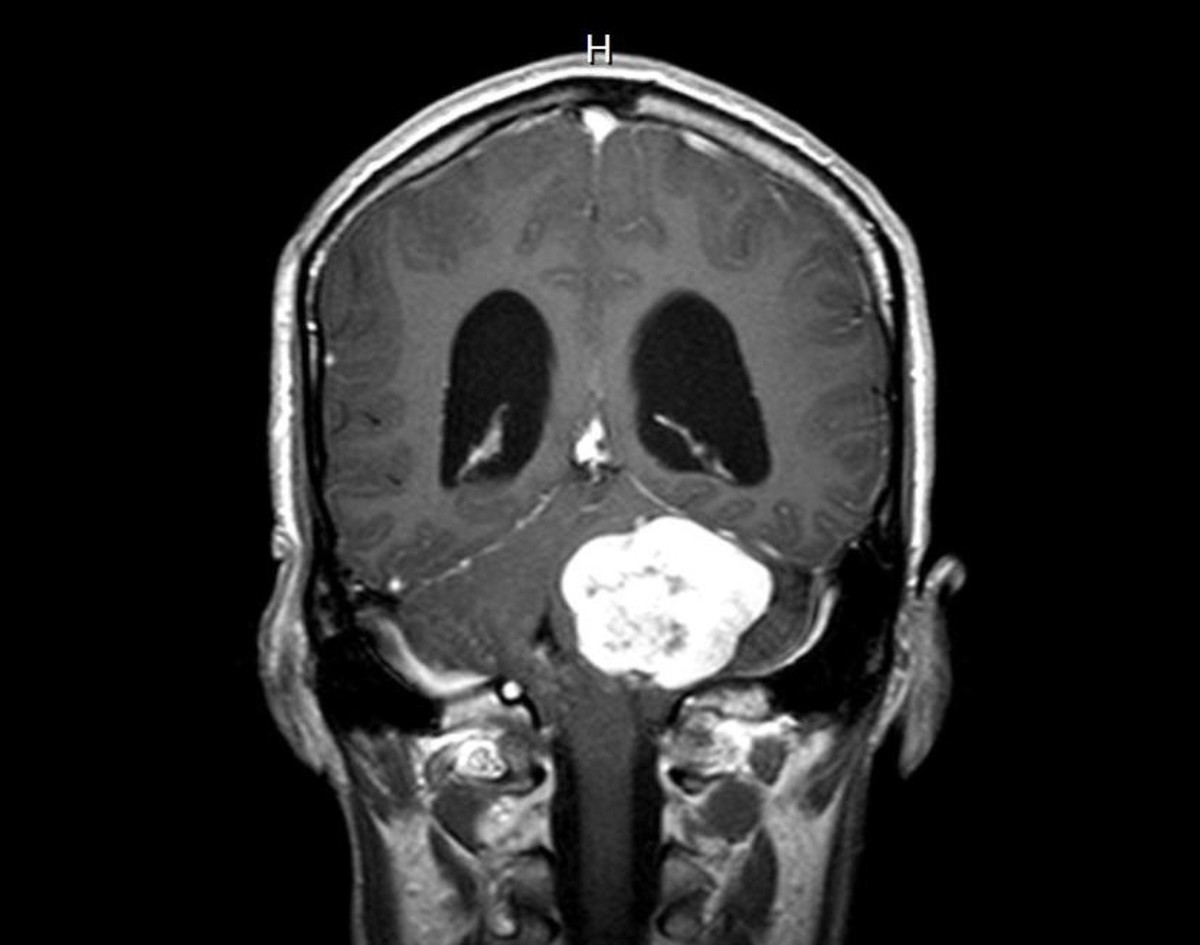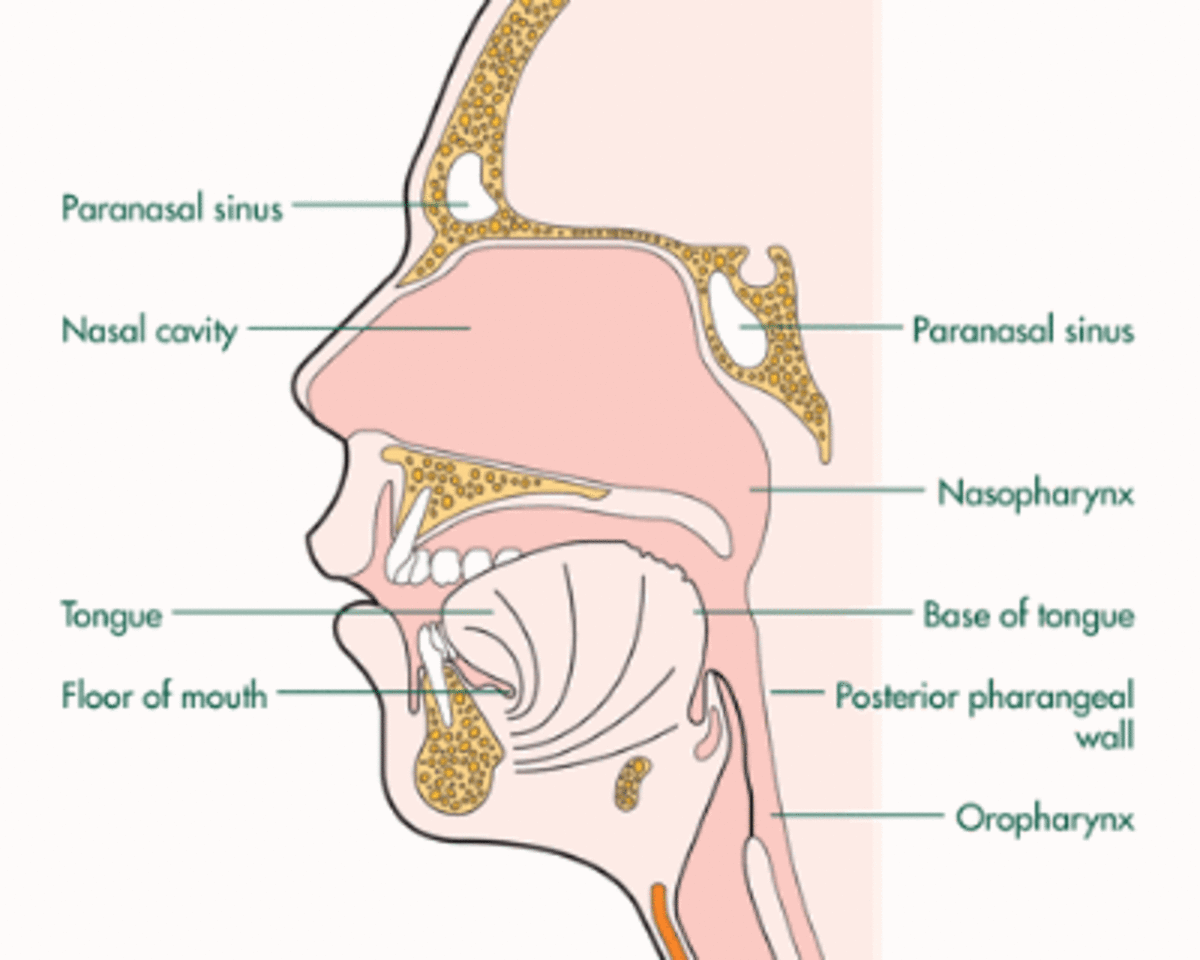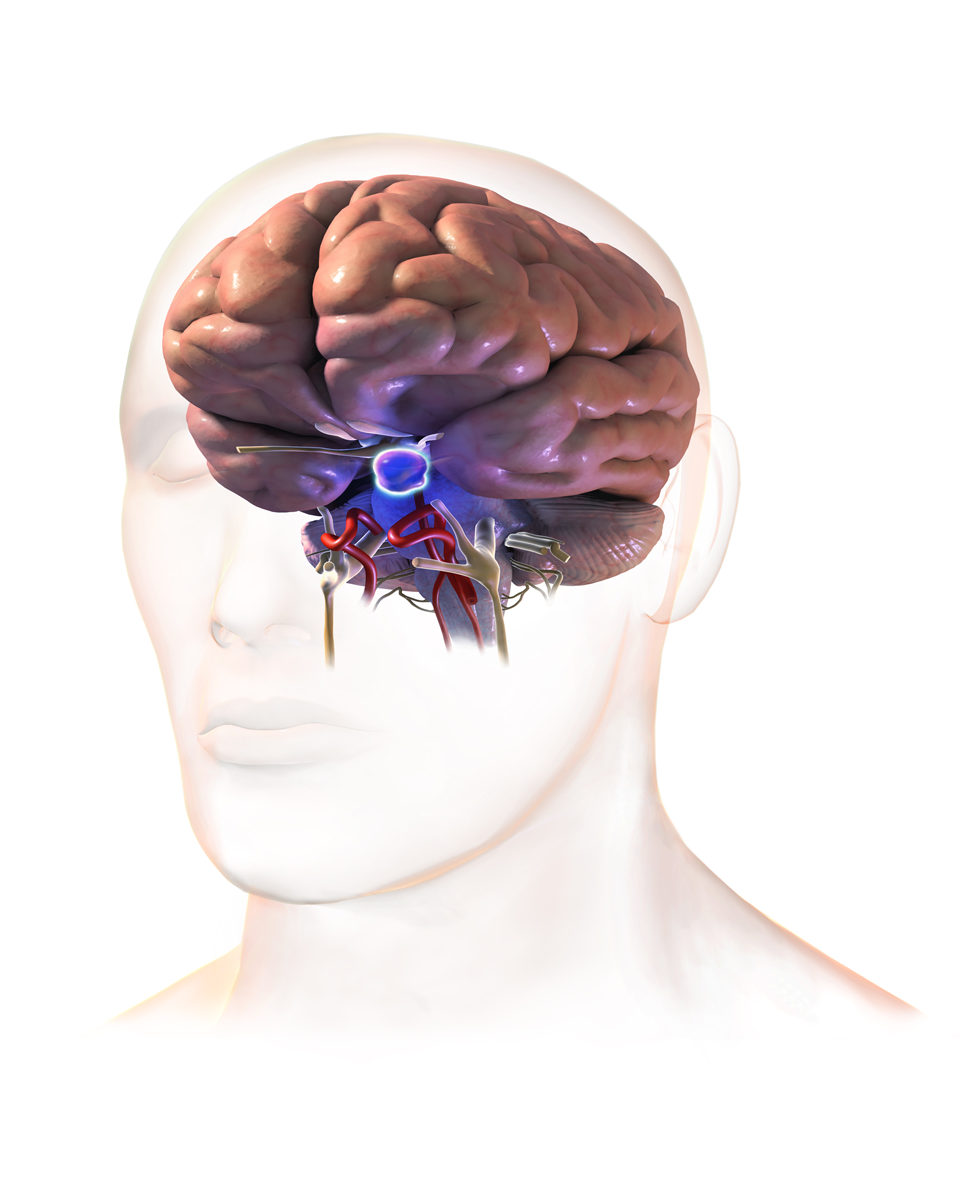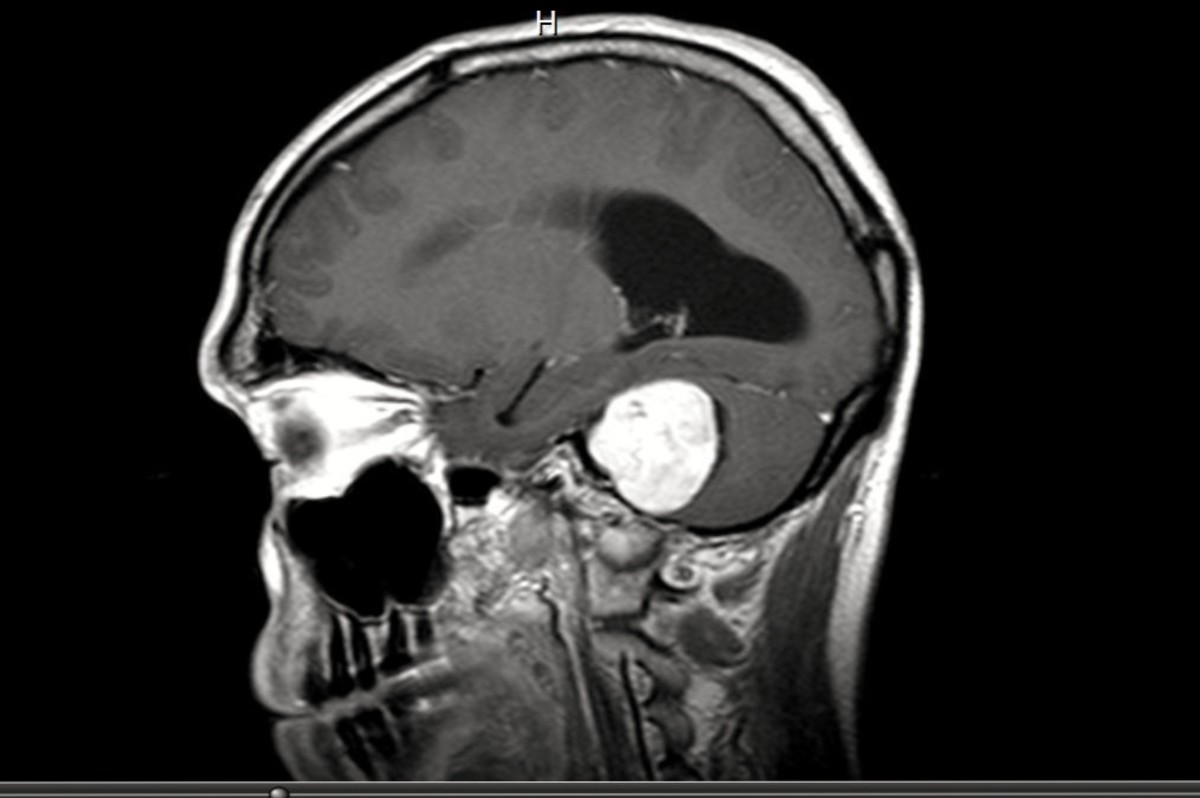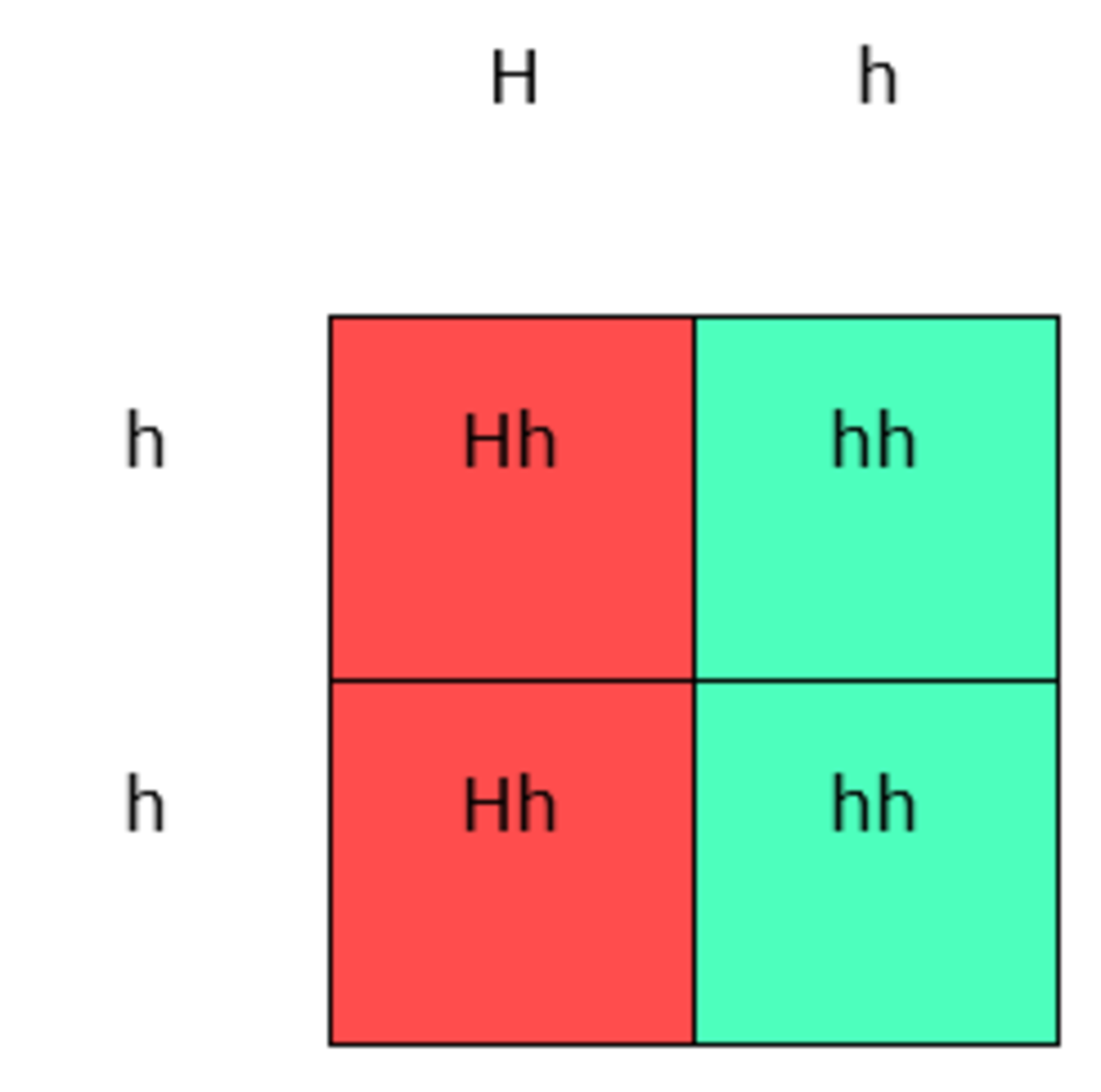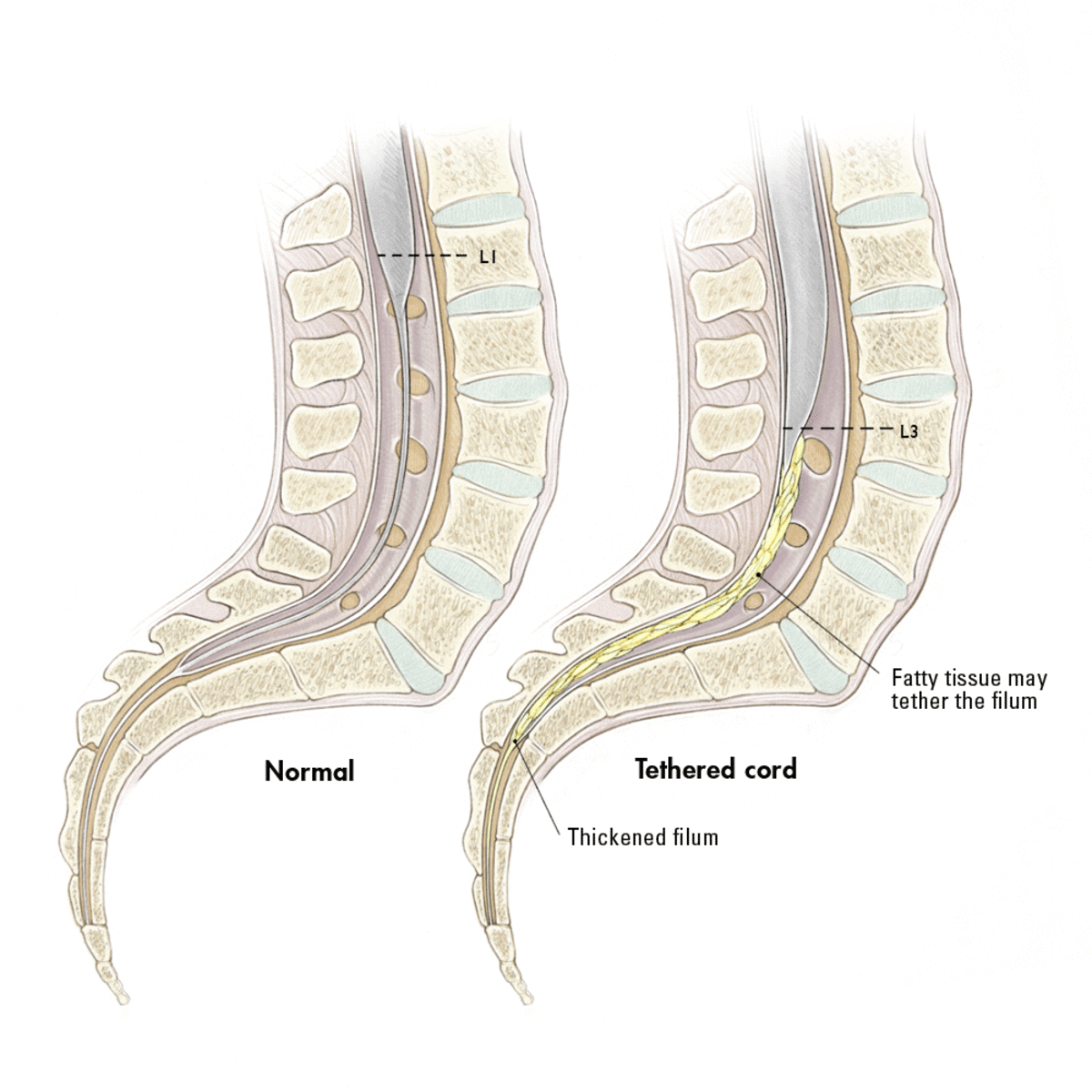What are the types of brain tumor – symptoms and treatment phases?
Types of Brain Tumor
Brain tumor is a disease that refers to the abnormal growth of cells in the tissues of the brain. They can be cancerous (malignant) or non-cancerous (benign). Both malignant and benign tumors have symptoms and they need treatment. They can occur in both children and adults.
There are many types of brain tumors and they can form in different parts of the brain. When a tumor grows and presses on a specific area of the brain, it can stop that part of the brain from functioning in an effective manner. One of the important things that you need to remember is that some tumor locations may cause more damage than the others and they may also be harder to treat.
Types of brain tumor
Grade I – This is a separate group of tumors commonly known as juvenile pilocytic astrocytoma (JPA). Juvenile does not refer to the age of the patient but a type of cell. It includes lesions with low proliferative potential.
The tumor often forms in the dura mater. The tumor cells look similar to the normal cells and it does not spread to the nearby tissues. It is a non-cancerous slow growing tumor that is often cured with surgery.
Grade II – It includes lesions that generally infiltrate and low in mitotic activity. They occur more frequently than Grade I tumors and some may progress fast to higher grades of malignancy. They may spread to nearby tissues too.
Grade III – The tumor cells look different from normal cells and they grow quickly. They are most likely to spread to nearby tissues. Actively reproduces abnormal cells and is most likely to come back as a higher grade tumor.
Grade IV – It grows fast and is the most malignant. It actively reproduces abnormal cells and spread fast to other normal parts of the brain. New blood vessels are formed by the tumor to maintain rapid growth. The tumor has dead cells areas in the center known as necrosis.
The staging for the tumors is performed based on CT scans and MRI images.
Symptoms of brain tumor and treatment
Symptoms of brain tumor
General symptoms
Early symptoms include headaches and feeling sick. This can be due to increased pressure on the skull. The symptoms may be moderate to severe and are most likely to be worse in the morning. The headaches may get worse when you cough and sneeze. Seizures may also occur at times. As the tumor enlarges drowsiness may increase.
Symptoms based on the location of the tumor in the brain
When the abnormal cancer cells reproduce and multiply it may spread to other normal parts of the brain and damage the tissue. Different functions of the body are controlled by different parts of the brain and the symptoms may vary depending on which part of the brain is affected. The size of the affected area also matters. The symptoms may develop gradually.
- Confusion and dizziness
- Difficulty in speech, hearing, vision, communication and swallowing.
- Problems related to balance and coordination
- Loss of smell
- Personality changes
- Weakness in the muscles or numbness in parts of the body
- Hormonal changes (pituitary tumor)
Treatment
The treatment for different types of brain tumor needs to be individualized for each patient. The treatment may vary depending on the age and health status of the patient. Grade, type, location and size also determine the treatment that is prescribed. Surgery, chemotherapy and radiation are the main types of treatment and more than one type may be used depending on the nature of the tumor.
Surgery
The surgery is done to remove the tumor. If it cannot be completely removed then the surgeon removes a part of it to ascertain its type and grade. In the case of benign tumors, surgery can completely cure the disease. The common symptoms after surgery are pain and headache and they may subside after some days. If the pain or discomfort persists, you may have to contact the doctor.
Radiation
Radiation helps kill tumor cells and this usually follows surgery. In some cases surgery may not be possible and radiation is recommended as the first form of treatment. Internal and external radiation is used to treat brain tumors.
External radiation therapy – A machine is used to direct beams of radiation on specific parts of the brain. The radiation schedule may vary depending on the age of the patient, type and size of the tumor. Some doses of radiation are given each day and the total dose that needs to be given may be spread over several weeks.
Internal radiation therapy – It is not a common method of treatment and it is still under study. Small implants called seeds are used for radiation. They are placed inside the brain so that they can give radiation at specific places in an accurate manner.
Chemotherapy
In chemotherapy doctors used drugs to kill the brain tumor cells. They are usually administered intravenously (mouth or vein) and the drugs enter the bloodstream and kill the harmful cells. For some adult patients, wafers are implanted in the brain. These wafers contain drugs that dissolve over a period of time and kill the brain tumor cells.
It is important that the patient takes adequate care both during and after the different treatment processes to avoid infection. Regular checkups may also be necessary to determine the next course of action depending on the severity of the disease.


